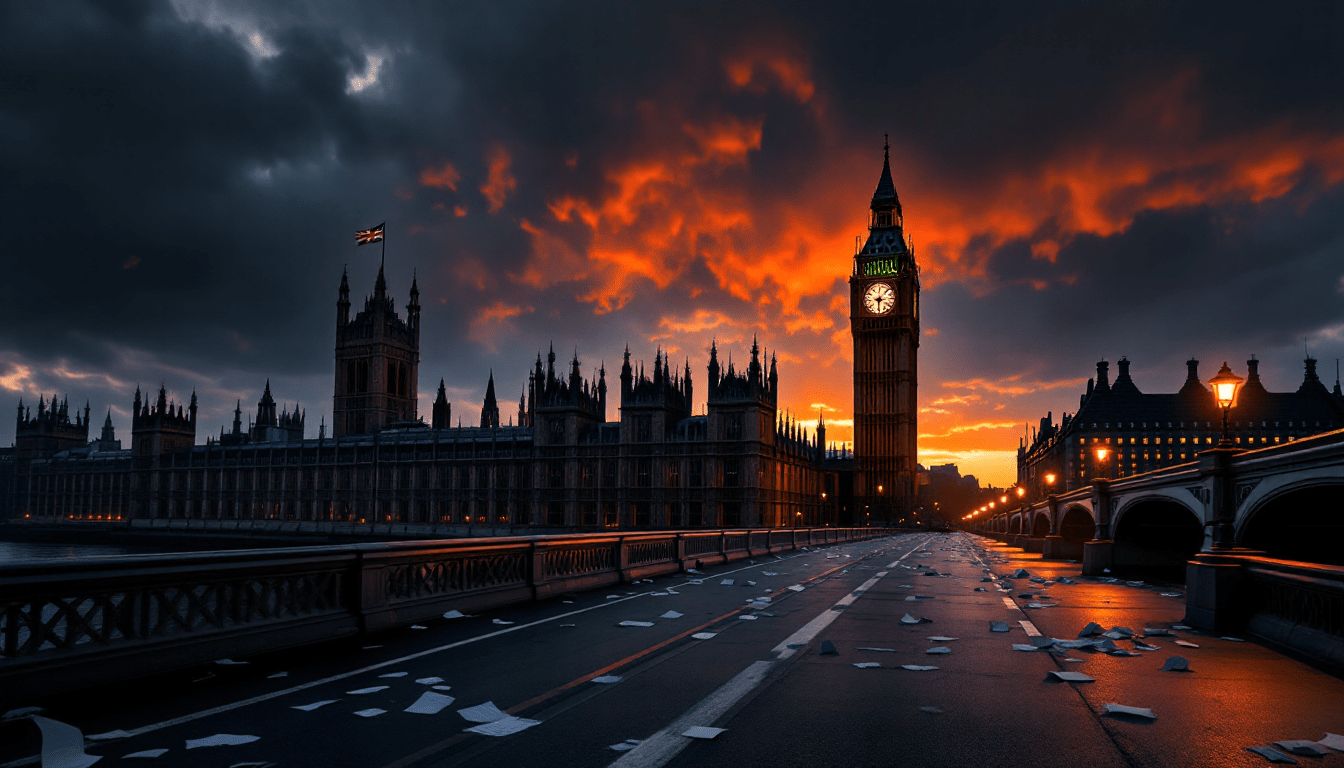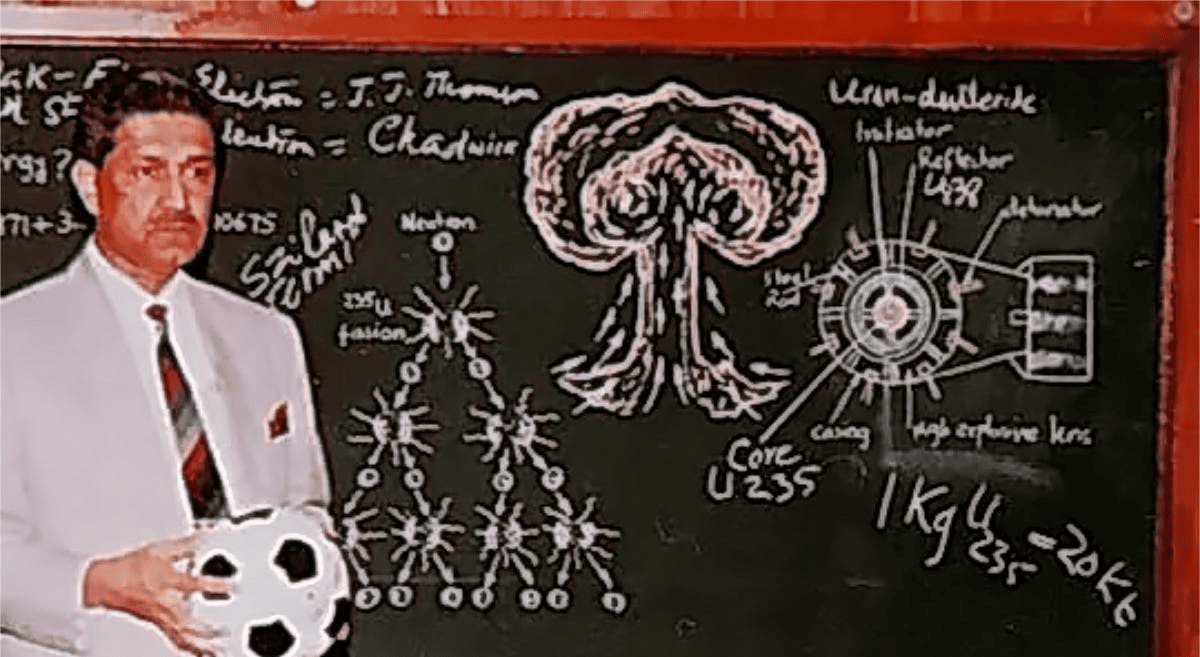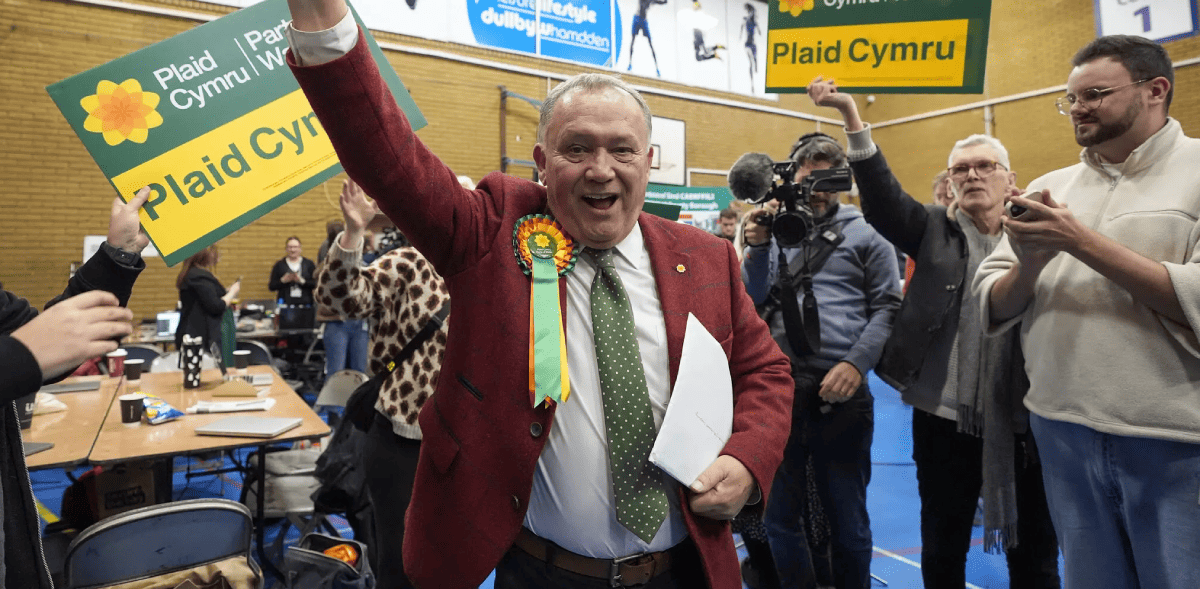The Final Six Months Of The United Kingdom
In the event Parliament's authority is no longer recognised or obeyed, we need an emergency continuity protocol for what to do next. Planning which honours England's ancient constitutional traditions, and maintains democratic order through legitimate means during institutional breakdown.






